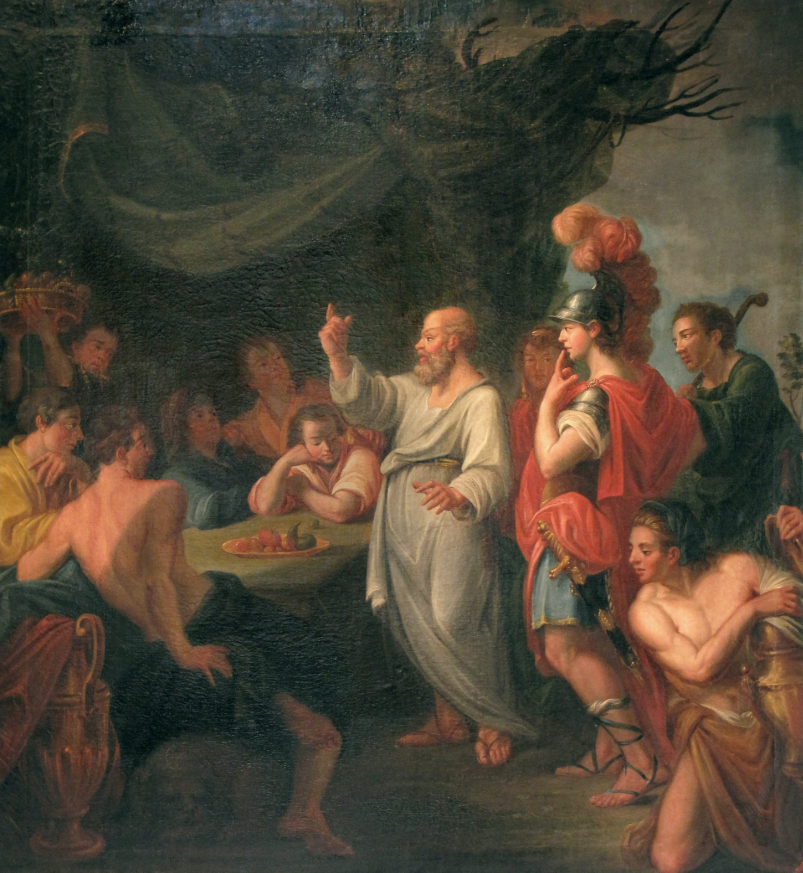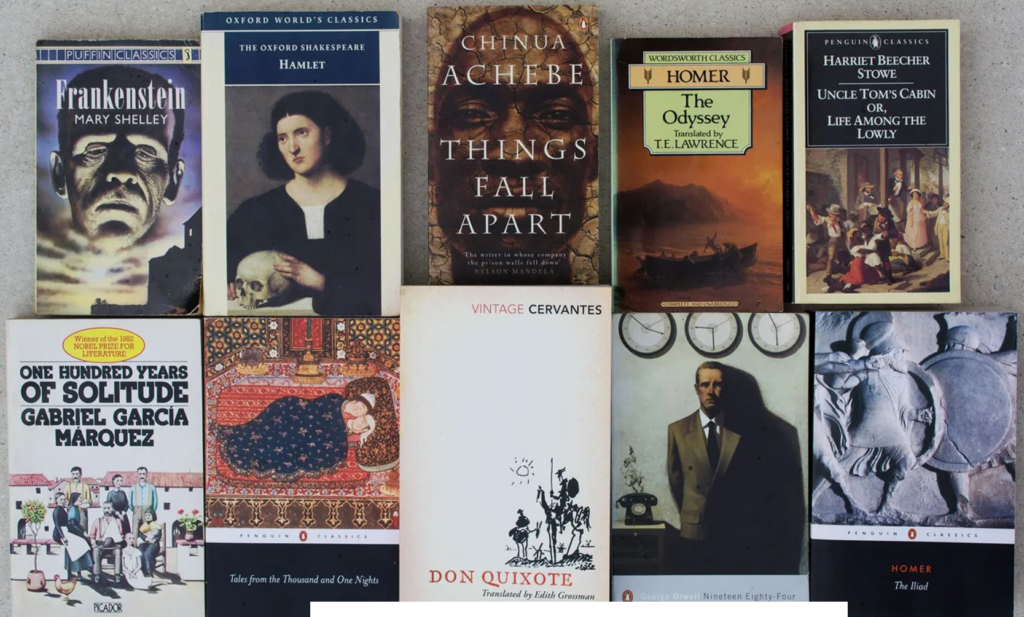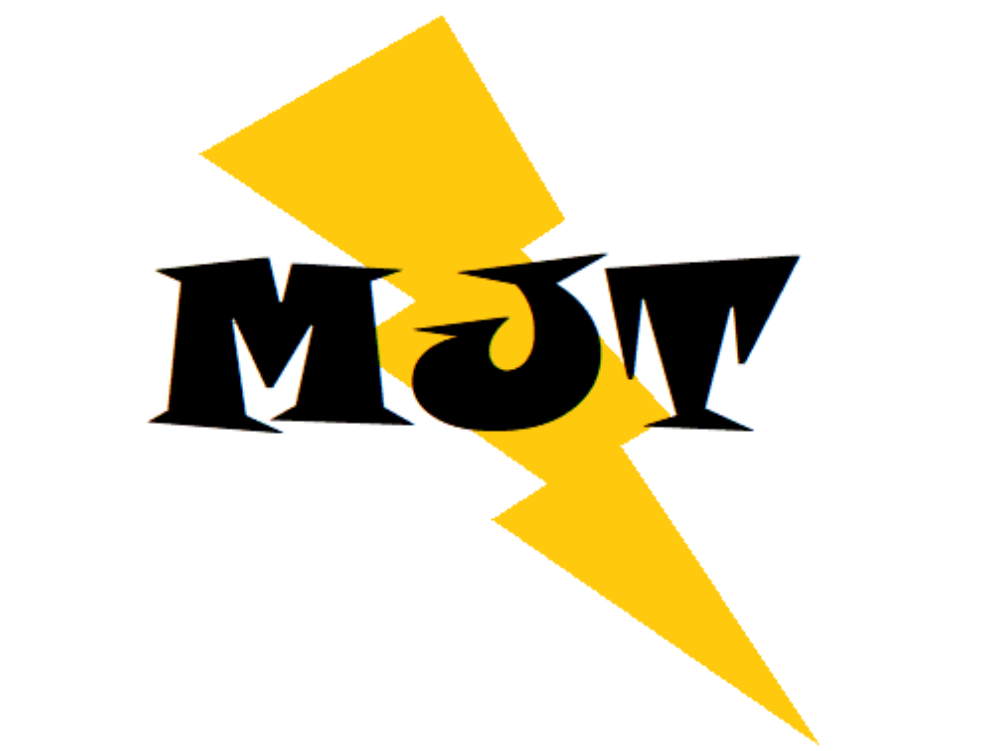
Spin A Yarn
Arguably one of the things that makes for an entertaining time with others is the telling of a good story by someone who’s good at telling stories. In addition to being entertaining, throughout history one of the ways for a person to make a difference in human affairs has been an ability to artfully use a story to illustrate a point worth making.
I’ve done no exhaustive study, but feel comfortable saying that both of these things are probably true throughout all cultures across the globe. Who doesn’t like to hear a good story whether it’s just for fun or to learn something at the same time?
Good storytelling is a skill. Not all are good at it.
One well known storyteller, Samuel Clemens a/k/a Mark Twain, had this to say about it:
I do not claim that I can tell a story as it ought to be told. I only claim to know how a story ought to be told, for I have been almost daily in the company of the most expert story-tellers for many years.
There are several kinds of stories, but only one difficult kind—the humorous. I will talk mainly about that one. The humorous story is American, the comic story is English, the witty story is French. The humorous story depends for its effect upon the manner of the telling; the comic story and the witty story upon the matter.
The humorous story may be spun out to great length, and may wander around as much as it pleases, and arrive nowhere in particular; but the comic and witty stories must be brief and end with a point. The humorous story bubbles gently along, the others burst.
The humorous story is strictly a work of art—high and delicate art—and only an artist can tell it; but no art is necessary in telling the comic and the witty story; anybody can do it. The art of telling a humorous story—understand, I mean by word of mouth, not print—was created in America, and has remained at home.
The humorous story is told gravely; the teller does his best to conceal the fact that he even dimly suspects that there is anything funny about it; but the teller of the comic story tells you beforehand that it is one of the funniest things he has ever heard, then tells it with eager delight, and is the first person to laugh when he gets through. And sometimes, if he has had good success, he is so glad and happy that he will repeat the “nub” of it and glance around from face to face, collecting applause, and then repeat it again. It is a pathetic thing to see.
Very often, of course, the rambling and disjointed humorous story finishes with a nub, point, snapper, or whatever you like to call it. Then the listener must be alert, for in many cases the teller will divert attention from that nub by dropping it in a carefully casual and indifferent way, with the pretence that he does not know it is a nub.
Artemus Ward used that trick a good deal; then when the belated audience presently caught the joke he would look up with innocent surprise, as if wondering what they had found to laugh at. Dan Setchell used it before him, Nye and Riley and others use it to-day.
But the teller of the comic story does not slur the nub; he shouts it at you—every time. And when he prints it, in England, France, Germany, and Italy, he italicizes it, puts some whooping exclamation-points after it, and sometimes explains it in a parenthesis. All of which is very depressing, and makes one want to renounce joking and lead a better life.
Twain, M. How to Tell a Story. (Original work published 1895)
Myriad resources exist on telling stories and how to do it well. The following is an example with some good tips:
From the time of the Greeks and continuing up to the present, everyone can find storytellers they like and believe to have influenced them in some way. It doesn’t take much effort to find list after list of who is known from the past for telling good stories and what stories are believed to have been influential. For present day reading, these lists are useful as suggestions and as starting points, but you’re also free to decide on your own what stories and what storytellers you like best.
Just as a starting point for your search go to this BBC link to read about their opinion on the books below as historically influential:

Easter Egg #1: Cool link for aspiring writers here.



